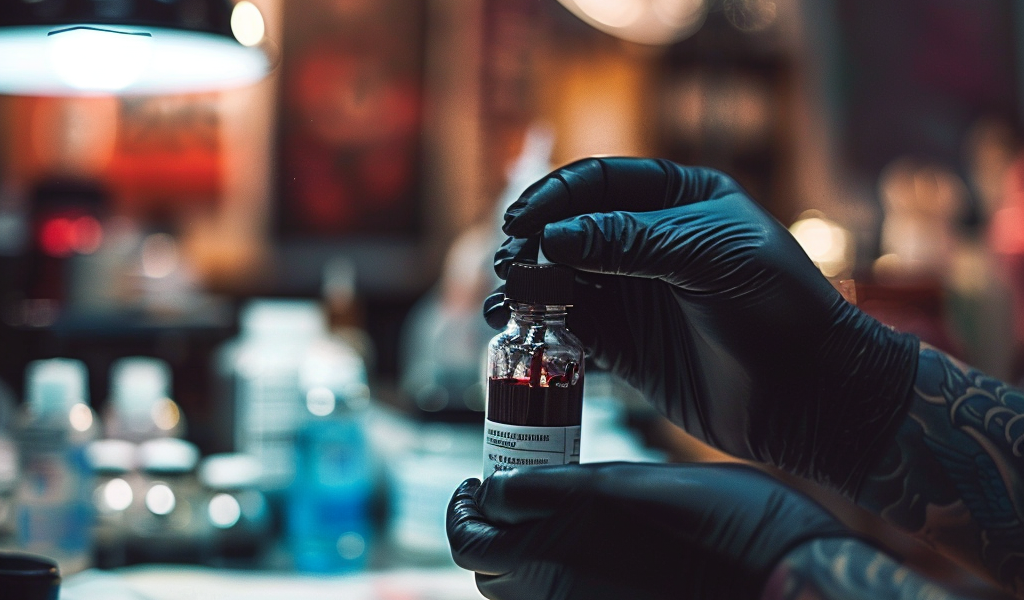Are tattoos more dangerous than we think? A recent study led by Dr. Seong-Jae (Peter) Kim from the U.S. Food and Drug Administration has shed light on the potential hidden source of bacterial infections in commercial tattoos and permanent makeup inks.
The study, the first of its kind, investigated the presence of both anaerobic and aerobic bacteria in 75 tattoo inks from 14 different manufacturers available on the U.S. market. Shockingly, 35% of these inks were found to be contaminated with bacteria, posing a significant health risk to individuals receiving tattoos or permanent makeup.
What’s concerning is that the bacteria identified in the tattoo inks are capable of thriving in both oxygen-rich and oxygen-deprived environments, making them well-suited to survive in the dermal layers of the skin. This raises serious concerns about the potential for microbial infections caused by these contaminated inks.
Dr. Kim emphasized the importance of monitoring tattoo inks to ensure their safety, highlighting that the combination of various inks could lead to infections in individuals. The study also debunked the assumption that product labels claiming sterility guarantee the absence of bacterial contamination, further underscoring the need for stricter regulations and quality control measures in the tattoo industry.
With the rising popularity of tattoos in recent years, understanding and addressing the risks associated with tattoo inks is crucial for protecting public health. Consumers and tattoo artists alike must be vigilant and informed about the potential dangers posed by contaminated inks, emphasizing the importance of prioritizing safety in the tattooing process.





